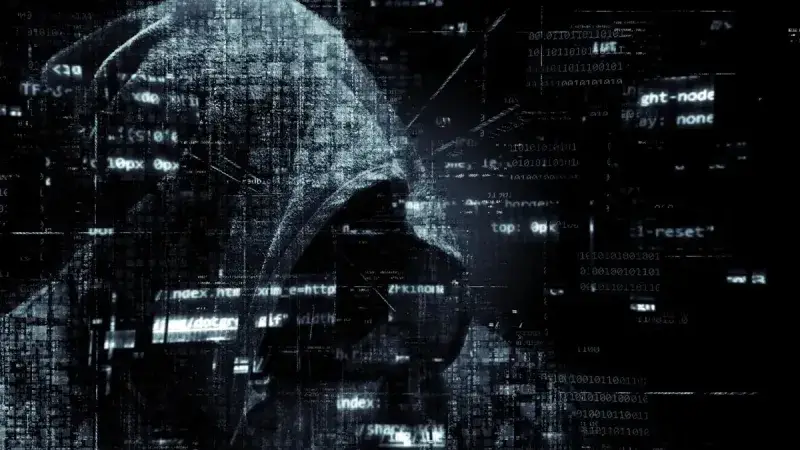The Hidden Internet: 4 Layers You Were Never Meant to See

Introduction: Layers of the Internet Explained
Most users think they understand the internet. But what they access daily is just the surface. Beneath it lie hidden layers each more secretive and powerful than the last. This article explains the layers of the internet, from the surface web to the deep web, dark web, and the deepest classified networks. Along the way, we’ll explore how artificial intelligence controls online content and how government internet surveillance programs shape your digital experience.
Layer 1: The Surface Web
The surface web includes everything indexed by search engines Google, Bing, Yahoo. It’s what most people use daily. But how search engines filter results is a mystery to many.
Search engines use AI-powered algorithms to decide what you see. These systems track your behavior, predict your interests, and serve content that keeps you engaged. You’re not choosing your content AI is.
Layer 2: What Is the Deep Web Used For?
The deep web contains over 90% of all internet data. It’s not illegal or dangerous it’s simply hidden from public view. Examples include:
-
Academic databases
-
Medical records
-
Financial systems
-
Government archives
Accessing the deep web requires tools like Tor or I2P. While it’s mostly used for legitimate purposes, it’s also the gateway to more obscure layers.
Layer 3: Is the Dark Web Illegal?
The dark web is a subset of the deep web, intentionally hidden and often used for illegal activities. Transactions are anonymous, identities are masked, and cryptocurrencies like Bitcoin dominate.
What you’ll find:
-
Black markets
-
Stolen data
-
Censored research
-
Whistleblower platforms
But is the dark web illegal? Not entirely. Accessing it isn’t a crime but participating in illegal activities is. Many journalists and activists use the dark web to protect their privacy.
Layer 4: Government Internet Surveillance Programs
The deepest layer of the internet is reserved for classified networks. These are used by military and intelligence agencies to store:
-
National security files
-
Surveillance tools
-
Experimental technologies
-
Human research data
Leaks like WikiLeaks and Vault 7 revealed how government internet surveillance programs operate. From smart TVs that record conversations to malware that hijacks webcams, the technology here is decades ahead of what’s publicly known.
Artificial Intelligence: How AI Controls Online Content
AI is now the gatekeeper of the internet. It decides:
-
What you see
-
What you don’t
-
What you believe
From predictive search to content moderation, AI shapes your digital reality. It builds a profile of you based on your clicks, scrolls, and pauses. In the wrong hands, it becomes a tool of manipulation.
Final Thoughts: Are You Brave Enough to Look Deeper?
The internet is not just a tool it’s a layered system of control, access, and secrets. Each layer reveals more than the last, and the deeper you go, the more you realize how little you actually know.
So ask yourself:
Are you content with the surface? Or are you ready to explore the truth beneath?